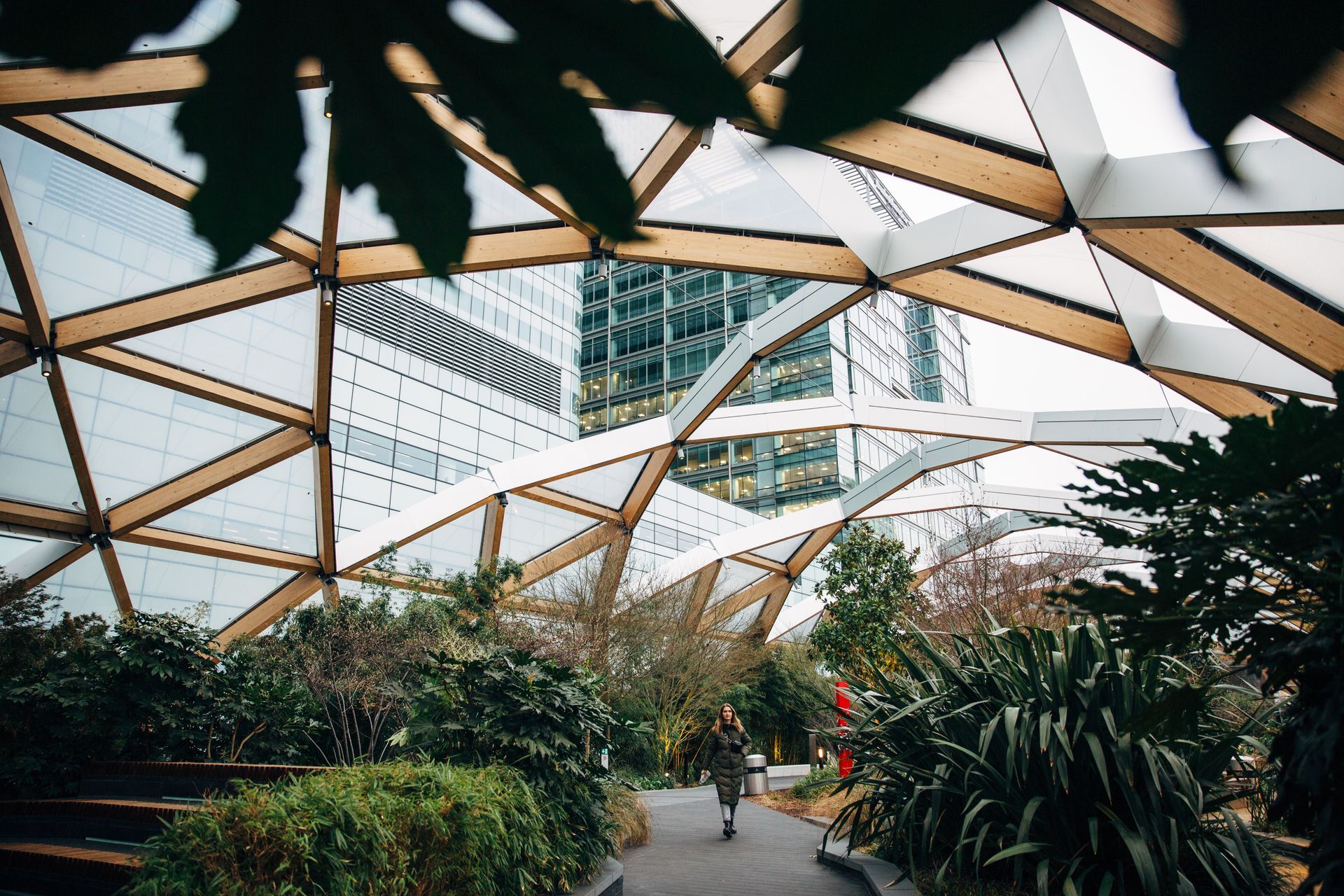The Pathway to Sustainability
The Pathway to Sustainability
You'll have heard other businesses, climate change experts and the Government talking increasingly about “net zero”, but do you know what it really means for your business, and the actions you need to take?
We know that running a business is challenging – constantly balancing demand with people, productivity and profits. The good news is that we’re here to help you.
We have the knowledge and expertise needed to help you to save, reuse and manage your energy sustainably. We want to support you in your journey to reduce your carbon footprint – whether you already have an agreed action plan or you’re just getting started.
What is net zero?
Climate change is a global challenge, and everyone has a part to play. Net zero represents a balance between the greenhouse gases we produce across the globe, and our ability to remove them from the atmosphere. By reducing emissions and decarbonising their operations and supply chains, businesses can work towards achieving net zero carbon emissions and creating an environmental equilibrium – the “net zero”.
What is sustainable business?
Following the Government’s commitment to become net zero by 2050, many companies have already set their own carbon reduction targets, and others have not yet mapped out the steps needed to achieve this.
A sustainable business is one that balances both environmental and economic factors, to ensure that they are meeting their business objectives, while also significantly lowering their carbon emissions.
Adopting a smarter, greener and more flexible approach to energy is vital, and this means looking across all the ways in which you use and consume energy and move away from carbon intensive energy.
Why is sustainability important?
As well as the Government, consumers, investors and employees are more aware of the impacts of climate change. So, it’s becoming more commonplace for people to choose a greener business over others – whether that be for the supply of goods and services or as a place to work.
Organisations who harness the latest energy technologies to help reduce their greenhouse gas emissions and achieve carbon neutrality are more likely to benefit from improved profitability, enhanced brand reputation and greater business resilience.
How does my business become sustainable?
In order to become sustainable, businesses must balance economic considerations with environmental impact. To make significant business changes leaders must shift their mindset, revisit legacy practices, and continuously innovate to realise their energy strategy. This large-scale undertaking can seem overwhelming, but the reality is that it needn’t be.
The end goal is to be truly sustainable - successfully balancing financial performance and environmental outputs, but your journey to get there needs to be made up of smaller, more realistic and achievable goals. By taking a methodical approach to sustainability, you’re more likely to be committed to it, and more importantly achieve it, in the long run.
Become a sustainable business with us
We’re focused on a low carbon future, which is why we want to change the way you think about energy and carbon emissions, and help you achieve your net zero goals. So, whether you’re looking to make big changes or more subtle changes, we’re here for you every step of the way.
If you want to find out more about how we can help you. Simply complete the form and one of our account managers will be in touch.

Balancing planet and profit during unprecedented market volatility
Balancing planet and profit during unprecedented market volatility

Your business guide to pursuing net zero
Every organisation faces the same dilemma. You must manage your commitment to decarbonisation in the context of the resources available and the need to ensure operational continuity

What does volatility mean for your journey to net zero
Amidst rising energy costs, digitalisation, growing pressure from stakeholders and increasing regulation, organisations may struggle to define their pathway to a low-


